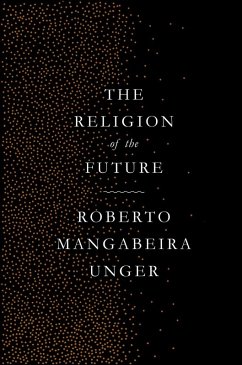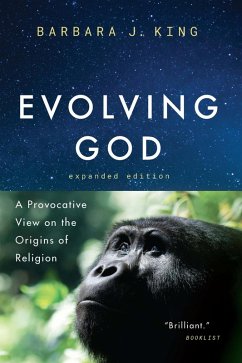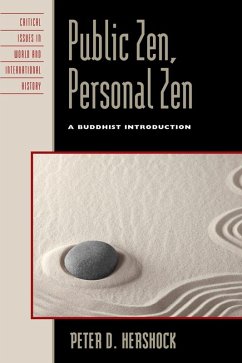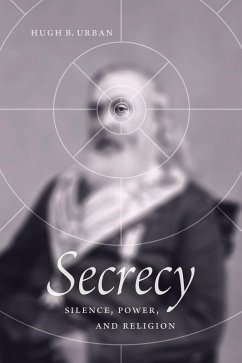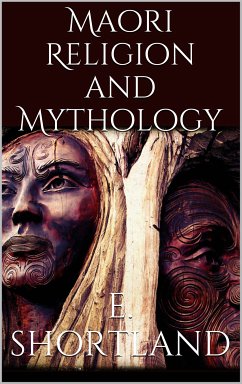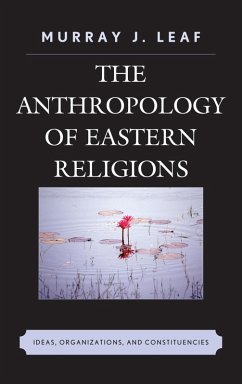
Elementary Forms of the Religious Life (eBook, ePUB)

PAYBACK Punkte
7 °P sammeln!
Elementary Forms of the Religious Life (eBook, ePUB)
Dieser Download kann aus rechtlichen Gründen nur mit Rechnungsadresse in A, B, BG, CY, CZ, D, DK, EW, E, FIN, F, GR, HR, H, IRL, I, LT, L, LR, M, NL, PL, P, R, S, SLO, SK ausgeliefert werden.




